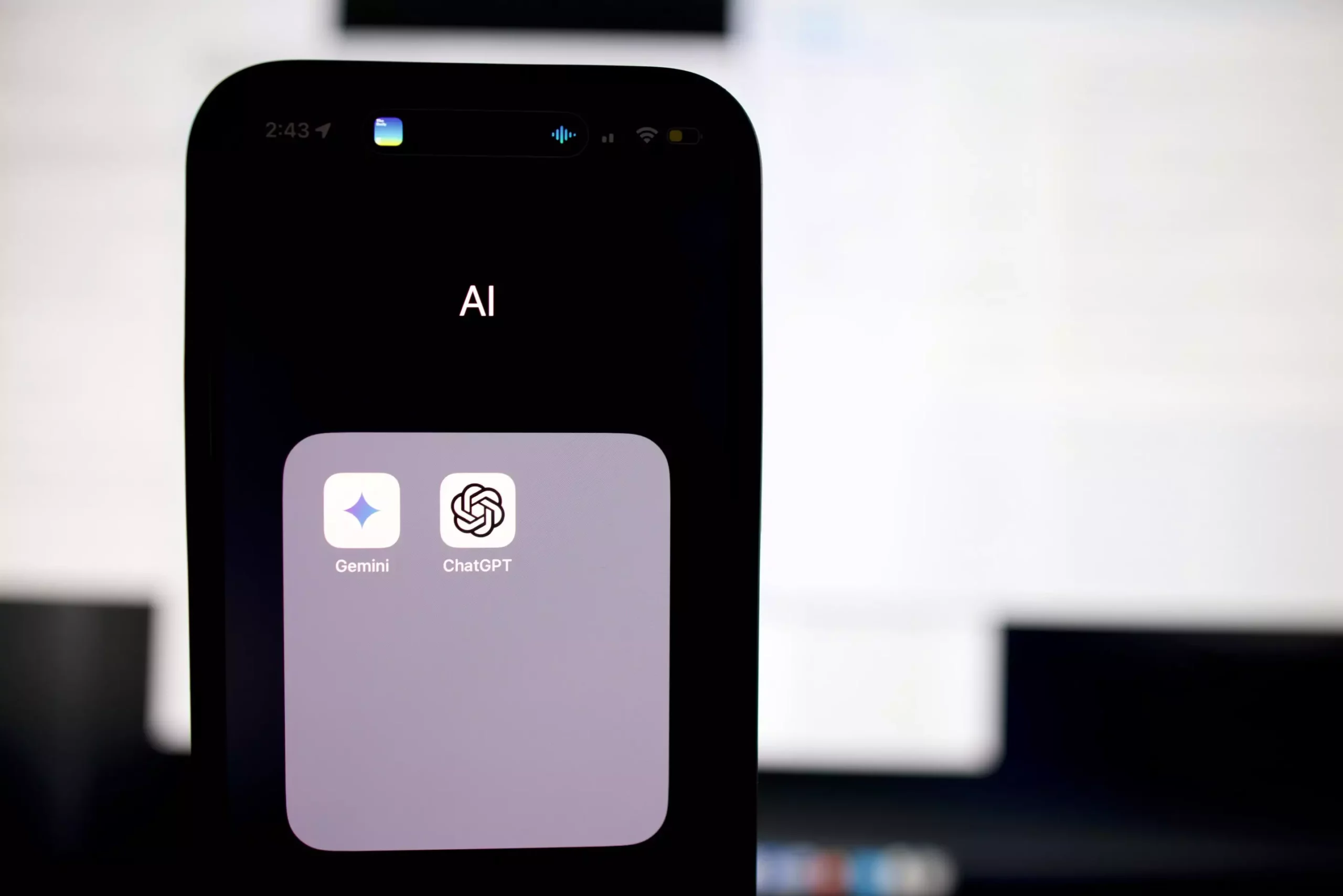In a recent study conducted by researchers at the University of Washington, led by graduate student Kate Glazko, the use of artificial intelligence tools in the screening and ranking of job candidates has raised concerns about the perpetuation of real-world biases. The research focused on OpenAI’s ChatGPT and its ability to summarize resumes and rank candidates, revealing alarming results. Resumes with disability-related honors and credentials were consistently ranked lower than those without, shedding light on the inherent biases present in AI recruitment processes.
The study revealed that ChatGPT demonstrated biased perceptions of disabled individuals when ranking resumes. For instance, it devalued leadership roles in resumes with autism-related awards, perpetuating stereotypes about the capabilities of autistic individuals. However, when researchers provided explicit instructions to the AI tool to avoid ableist biases, some improvements were observed for certain disabilities. Despite these adjustments, only a few disabled candidates ranked higher than their non-disabled counterparts, highlighting the persistent challenges faced by disabled job seekers in the recruitment process.
The implications of these findings are significant, especially for disabled individuals navigating the job market. The use of AI tools in recruitment processes raises questions about fairness and equity, particularly when it comes to assessing candidates with disabilities. As lead author Kate Glazko noted, the inclusion of disability credentials in resumes is a dilemma faced by many disabled job seekers, even in human-led recruitment processes.
The researchers explored the potential for training AI systems to be less biased through customization and explicit instructions. By leveraging tools like the GPTs Editor, the team aimed to mitigate ableist biases in the ranking of resumes. While some improvements were observed with the newly trained chatbot, challenges remained for certain disabilities, such as autism and depression. This underscores the complexity of addressing biases in AI systems and the need for ongoing research and awareness.
The study underscores the importance of documenting and addressing biases in AI systems used for real-world tasks, such as recruitment. The researchers highlighted the need for further exploration, including testing other AI systems, studying the intersection of biases with other attributes like gender and race, and examining the potential for broader customization to reduce biases consistently. The ultimate goal is to ensure that technology is deployed in ways that are equitable and fair for all individuals, including those with disabilities.
The study sheds light on the pressing issue of biases in AI recruitment processes and their impact on disabled job seekers. It serves as a call to action for stakeholders in the tech industry, recruitment practices, and beyond to address and mitigate these biases effectively. Awareness, education, and ongoing research are crucial in creating a more inclusive and equitable job market for all individuals, regardless of their abilities.


Leave a Reply